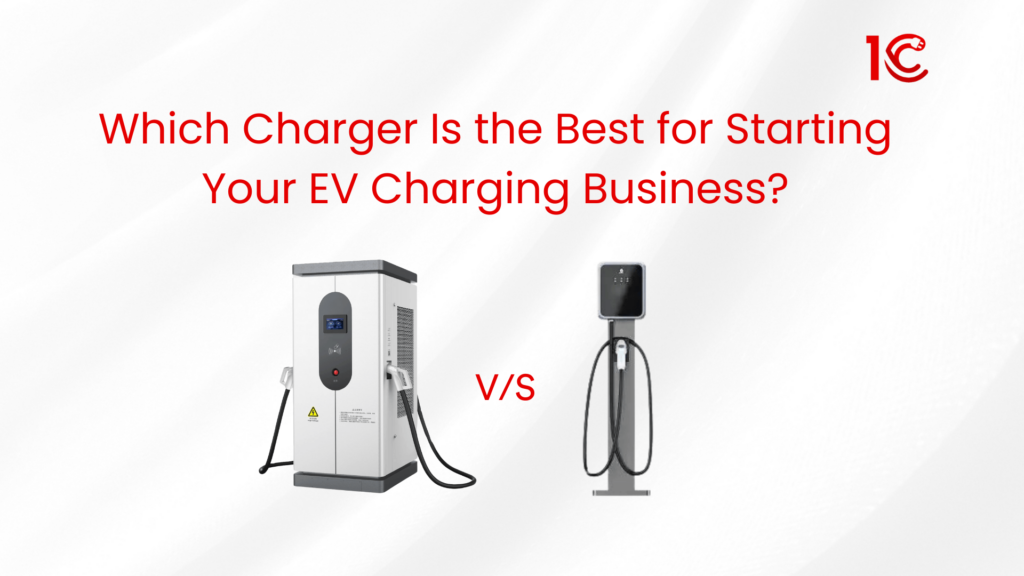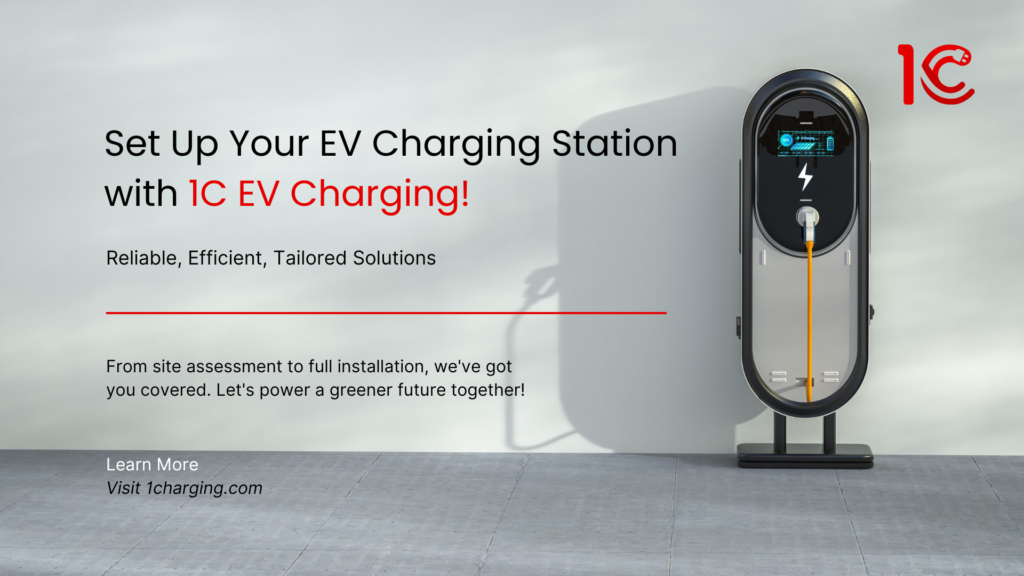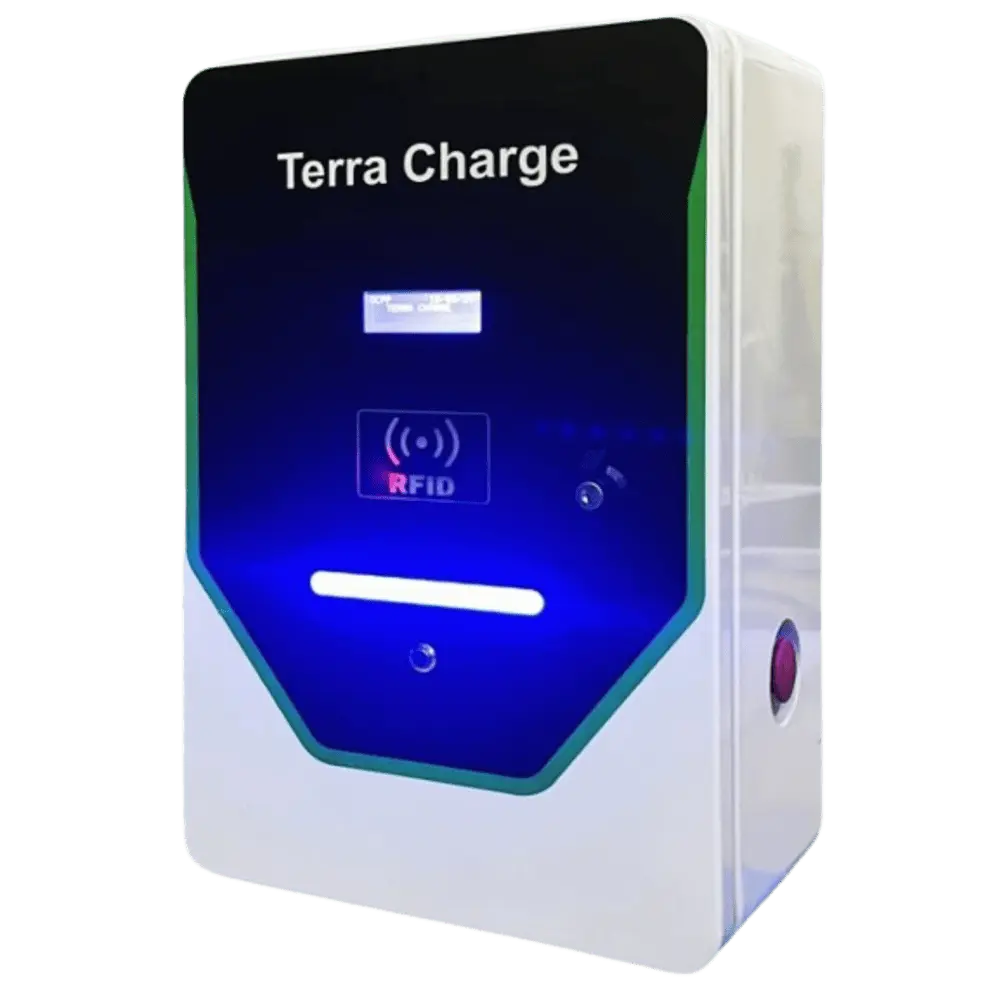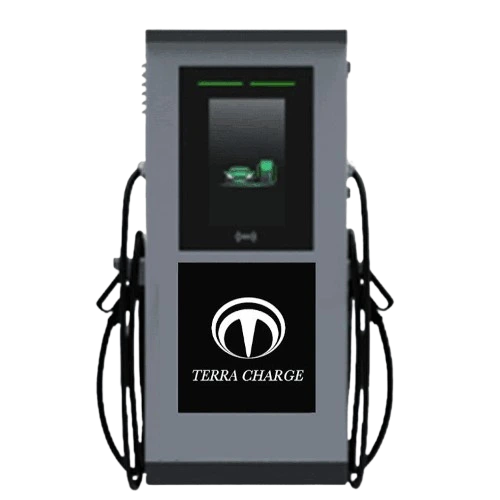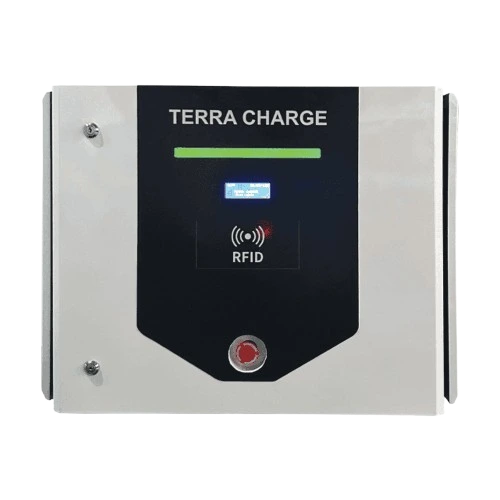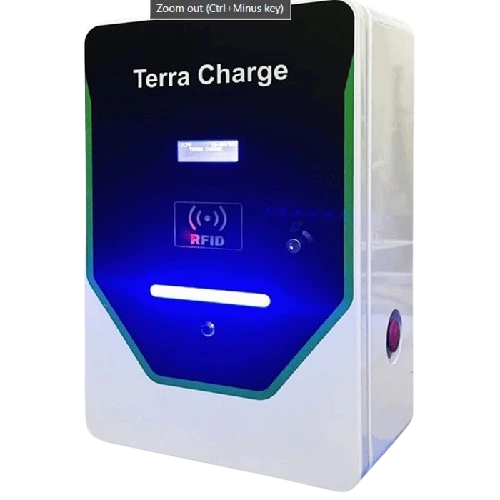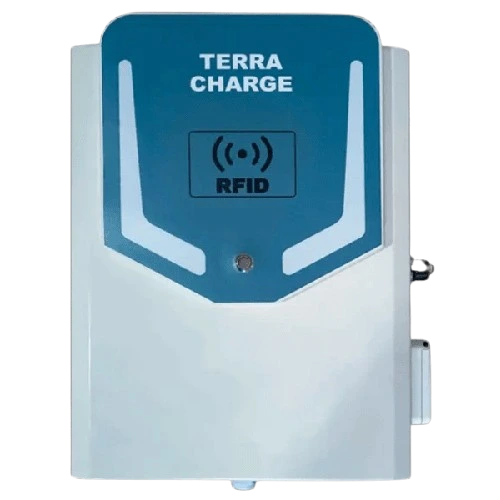For entrepreneurs looking to enter the EV charging business, a crucial decision is choosing between AC (Alternating Current) and DC (Direct Current) charging stations. Each option comes with its own set of advantages, and understanding their differences can guide you toward making the right investment.
Understanding AC Charging Stations
AC charging stations, often referred to as “slow” chargers, are typically used in residential areas, parking lots, and workplaces. These stations deliver power to the vehicle’s onboard charger, which then converts the alternating current to direct current for the battery. Because this conversion happens inside the vehicle, the charging process tends to be slower, taking several hours to fully charge an EV.
Advantages of AC Charging:
- Cost-Effective: AC charging stations are generally more affordable to install and maintain. This makes them an ideal option for businesses with limited upfront capital or those starting on a smaller scale.
- Wider Compatibility: Almost all EVs are compatible with AC chargers, making them a versatile option that can serve a broad range of customers.
- Ideal for Long-Duration Parking: AC chargers are perfect for locations where vehicles will be parked for longer periods, such as office buildings, malls, or residential complexes. The slower charging speeds are not an issue in these settings.
Buy AC Chargers here

Understanding DC Charging Stations
DC charging stations, also known as “fast” or “rapid” chargers, bypass the vehicle’s onboard converter and deliver direct current directly to the battery. This allows for significantly faster charging times—most vehicles can reach 80% charge in as little as 20 to 30 minutes, depending on the charger’s power output and the vehicle’s battery capacity.
Advantages of DC Charging:
- Rapid Charging: The most significant advantage of DC chargers is their speed. They can provide a quick top-up for EVs, making them ideal for locations like highways, service stations, and urban centres where drivers need to charge on the go.
- Higher Revenue Potential: Since DC charging is faster, it allows for higher vehicle turnover at your station, potentially increasing revenue. Drivers often prefer DC chargers for convenience, especially in busy areas.
- Attracts Premium Customers: EV owners who rely on DC fast charging are often willing to pay a premium for the convenience of quick refuelling, providing your business with additional profit margins.
Also read: AC vs DC Charging: What’s the Difference?
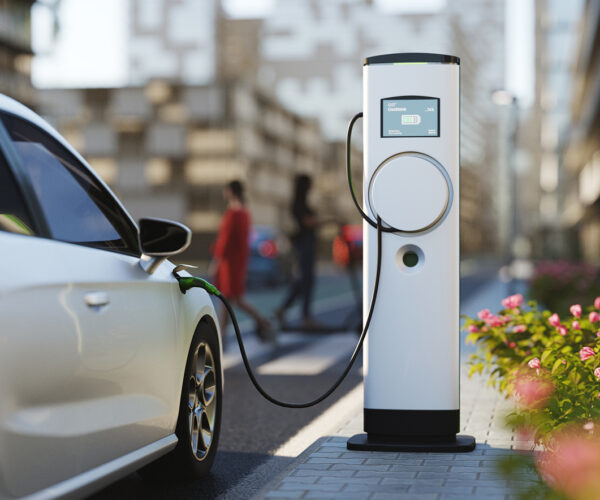
Key Considerations for Your Business
When deciding whether to invest in AC or DC charging stations, consider the following factors:
- Customer Base: If your location serves commuters or long-distance travellers who require fast charging, DC stations may be the better choice. However, if you’re targeting workplaces, apartment complexes, or shopping malls, AC chargers might be more suitable, given the longer dwell times.
- Power Availability: DC chargers demand more power infrastructure, which could mean higher operational costs. With their lower power consumption, AC stations are more manageable for locations with limited power availability.
- Initial Investment: DC charging stations require a higher upfront investment in terms of equipment and installation. On the other hand, AC stations are less expensive and can be scaled over time as demand grows.

Conclusion: Which Is the Best for Starting Your Business?
The choice between AC and DC charging stations depends largely on your business model, target customers, and available budget. AC chargers are cost-effective and suitable for locations where vehicles will be parked for extended periods. In contrast, DC chargers offer faster charging speeds, higher turnover rates, and the potential for premium pricing.
For those starting their EV charging business on a smaller scale or in locations where customers typically stay for longer durations, AC charging stations are a wise and budget-friendly option. However, if you’re aiming for high-traffic areas with customers who need quick charging, investing in DC charging stations could provide a significant competitive advantage.
Ultimately, a mix of both AC and DC charging stations might provide the flexibility to cater to a wide range of EV owners, ensuring your business meets diverse customer needs while maximizing profitability.


